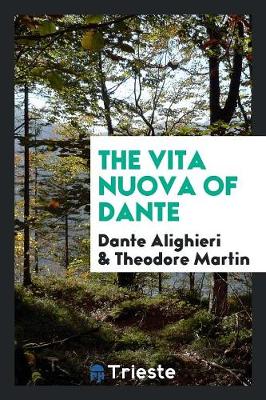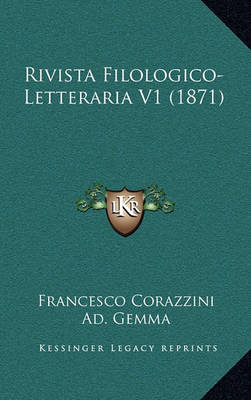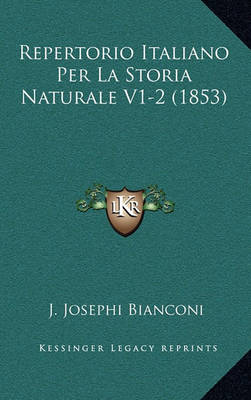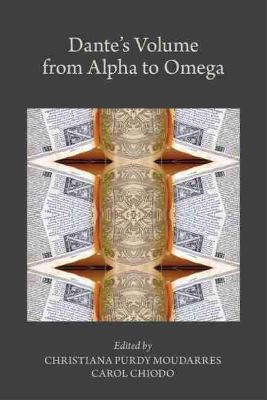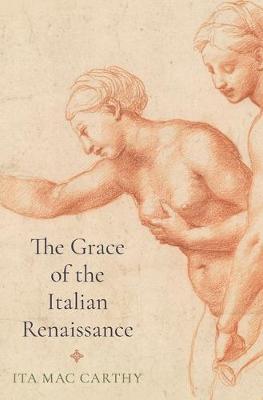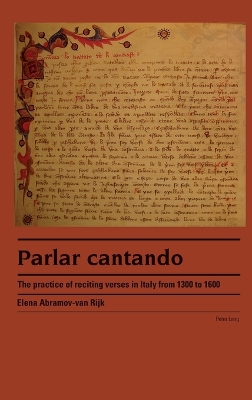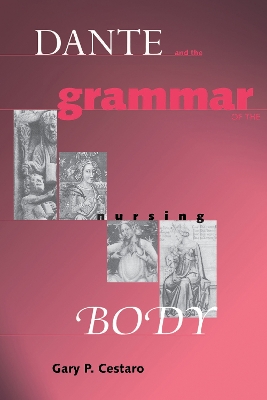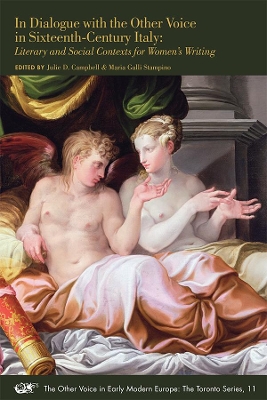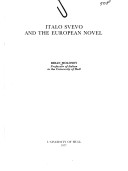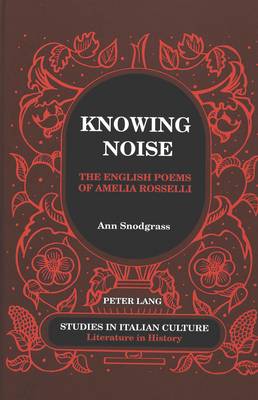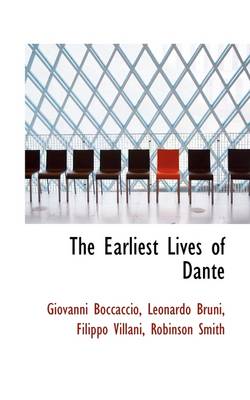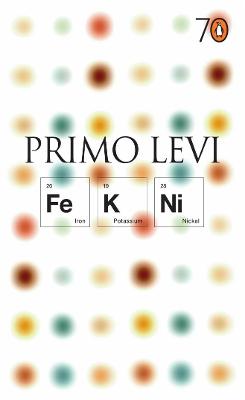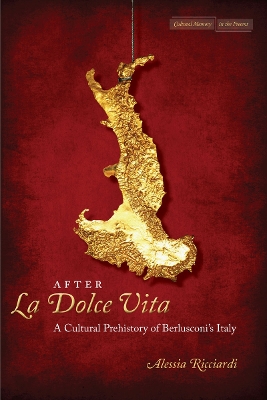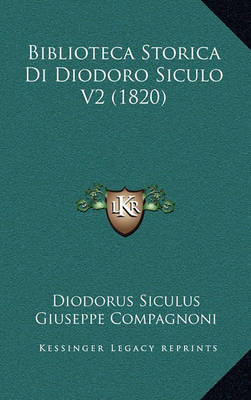Rivista Filologico-Letteraria V1 (1871)
by Francesco Corazzini, Ad Gemma, and Bartolomeo Zandonella
Repertorio Italiano Per La Storia Naturale V1-2 (1853)
by J Josephi Bianconi
Dante's Volume from Alpha to Omega (Medieval and Renaissance Texts and Studies)
Dante's Volume from Alpha to Omega brings together essays written by internationally recognized scholars to explore the poet's encyclopedic impulse in light of our own frenzied information age. This comprehensive collection of essays, coedited by Carol Chiodo and Christiana Purdy Moudarres, examines how Dante's spiritual quest is powered by an encyclopedic one, which has for more than seven centuries drawn a readership as diverse as the knowledge his work contains. The essays investigate both th...
Cytoskeleton in Cell Differentiation and Development
How grace shaped the Renaissance in Italy"Grace" emerges as a keyword in the culture and society of sixteenth-century Italy. The Grace of the Italian Renaissance explores how it conveys and connects the most pressing ethical, social and aesthetic concerns of an age concerned with the reactivation of ancient ideas in a changing world. The book reassesses artists such as Francesco del Cossa, Raphael and Michelangelo and explores anew writers like Castiglione, Ariosto, Tullia d'Aragona and Vittoria...
This book is a pioneering attempt to explore the fascinating and hardly known realm of reciting poetry in medieval and Renaissance Italy. The study of more than 50 treatises on both music and poetry, as well as other literary sources and documents from the period between 1300 and 1600, highlights above all the practice of parlar cantando ("speaking through singing" - the term found in De li contrasti, a fourteenth-century treatise on poetry) as rooted in the art of reciting verses. Situating the...
Dieser Band versammelt Beitrage zu Ehren von Emilio Bonfatti (*Mirandola 1942, + Padova 2007), der von 1982 bis 2007 den Lehrstuhl fur Deutsche Philologie an der Universitat Padua innehatte. Emilio Bonfatti war einer der wichtigsten Reprasentanten der italienischen Forschung zur Mittleren Deutschen Literatur (1400-1750), dessen Arbeiten im In- und Ausland hohes Ansehen geniessen. Freunde, Kollegen und Schuler beleuchten verschiedene Themen seines Forschungsgebietes. Im Mittelpunkt stehen die Ber...
Dante and the Grammar of the Nursing Body takes a serious look at Dante's relation to Latin grammar and the new "mother tongue"-Italian vernacular-by exploring the cultural significance of the nursing mother in medieval discussions of language and selfhood. Inspired by Julia Kristeva's meditations on the maternal semiotic, Cestaro's book uncovers ancient and medieval discourses that assert the nursing body's essential role in the development of a mature linguistic self. The opening chapters...
Antonio Machado, a school teacher and philosopher and one of Spain's foremost poets of the twentieth century, writes of the mountains, the skies, the farms and the sentiments of his homeland clearly and without narcissism: "Just as before, I'm interested/in water held in;/ but now water in the living/rock of my chest." "Machado has vowed not to soar too much; he wants to 'go down to the hells' or stick to the ordinary," Robert Bly writes in his introduction. He brings to the ordinary-to time, to...
Este ensaio propoe a novela grafica como um genero literario, tendo como eixo estruturador a obra teorica de Rodolph Toepffer, e o seu conceito de literatura em estampas, um novo genero escrito atraves de texto e imagem. Centrado nos generos narrativos, dara especial destaque ao romance, cuja forma proteica permite assimilar novas formas romanescas, nomeadamente a novela grafica. No universo da novela grafica, a adaptacao de obras literarias, para alem de constituir uma pratica corrente, definid...
Petrarca-Studien (Schriften Der Philosophisch-Historischen Klasse Der Heidelbe, #48)
by Karlheinz Stierle
This excellent collection of essays and texts surveys the culture and intellectual context of early modern Italy in order to render more intelligible the writing of Italian women. The role of women in society and the persistent misogyny even of the most pro-woman texts are explored in the essays, and the recent critical debates are examined. The translations make available in English a selection of male-authored texts which directly or indirectly elicited the spirited responses of women, for whi...
In May 2005 Penguin will publish 70 unique titles to celebrate the company's 70th birthday. The titles in the Pocket Penguins series are emblematic of the renowned breadth of quality of the Penguin list and will hark back to Penguin founder Allen Lane's vision of 'good books for all'. A highly educated Jewish Italian, Primo Levi achieved world-wide fame with his first book, If This is a Man: an objective account of his struggle for survival following imprisonment in Auschwitz in 1943. Taken fro...
After La Dolce Vita (Cultural Memory in the Present)
by Alessia Ricciardi
This book chronicles the demise of the supposedly leftist Italian cultural establishment during the long 1980s. During that time, the nation's literary and intellectual vanguard managed to lose the prominence handed it after the end of World War II and the defeat of Fascism. What emerged instead was a uniquely Italian brand of cultural capital that deliberately avoided any critical questioning of the prevailing order. Ricciardi criticizes the development of this new hegemonic arrangement in film...
Biblioteca Storica Di Diodoro Siculo V2 (1820)
by Diodorus Siculus and Giuseppe Compagnoni
